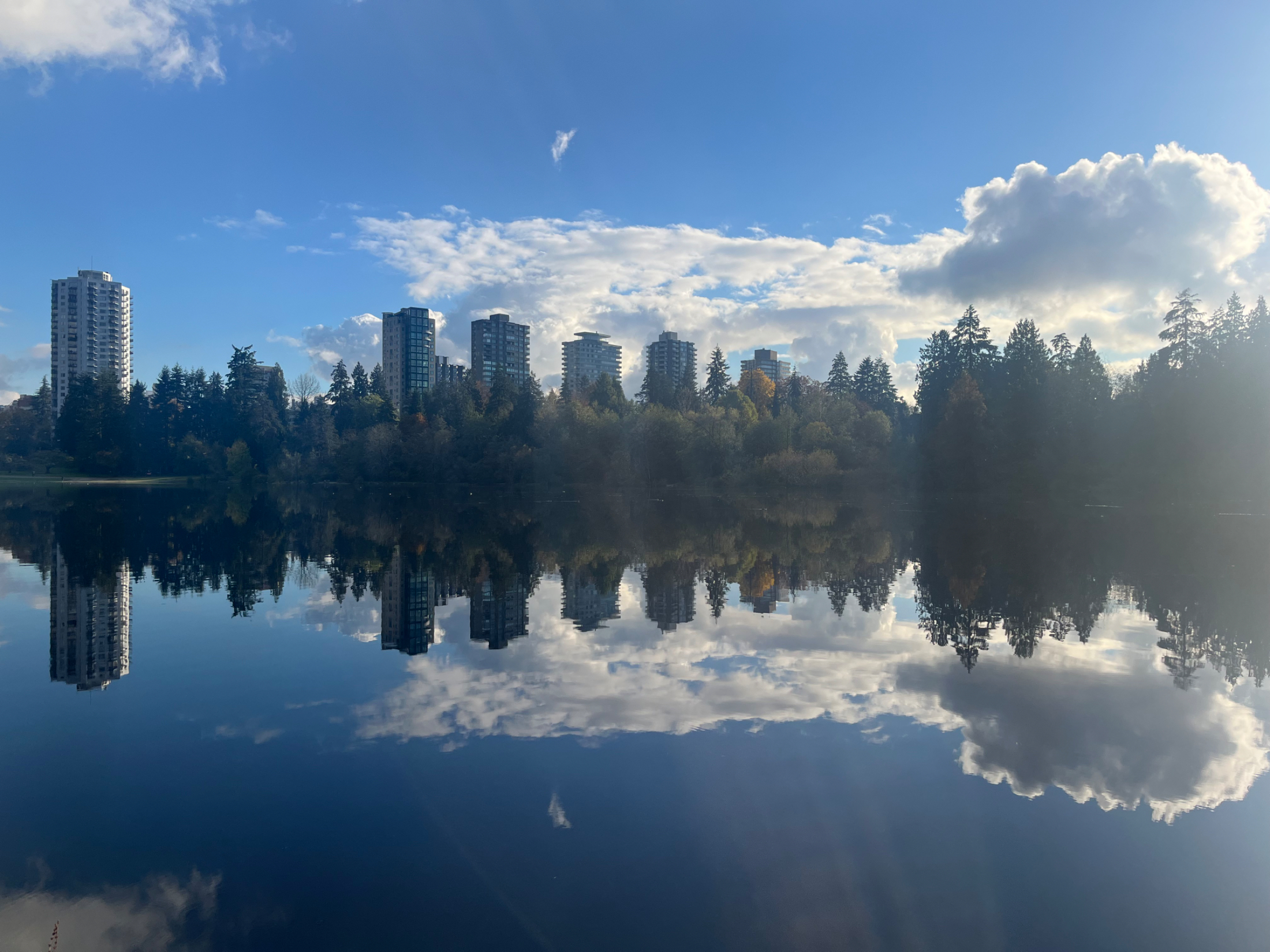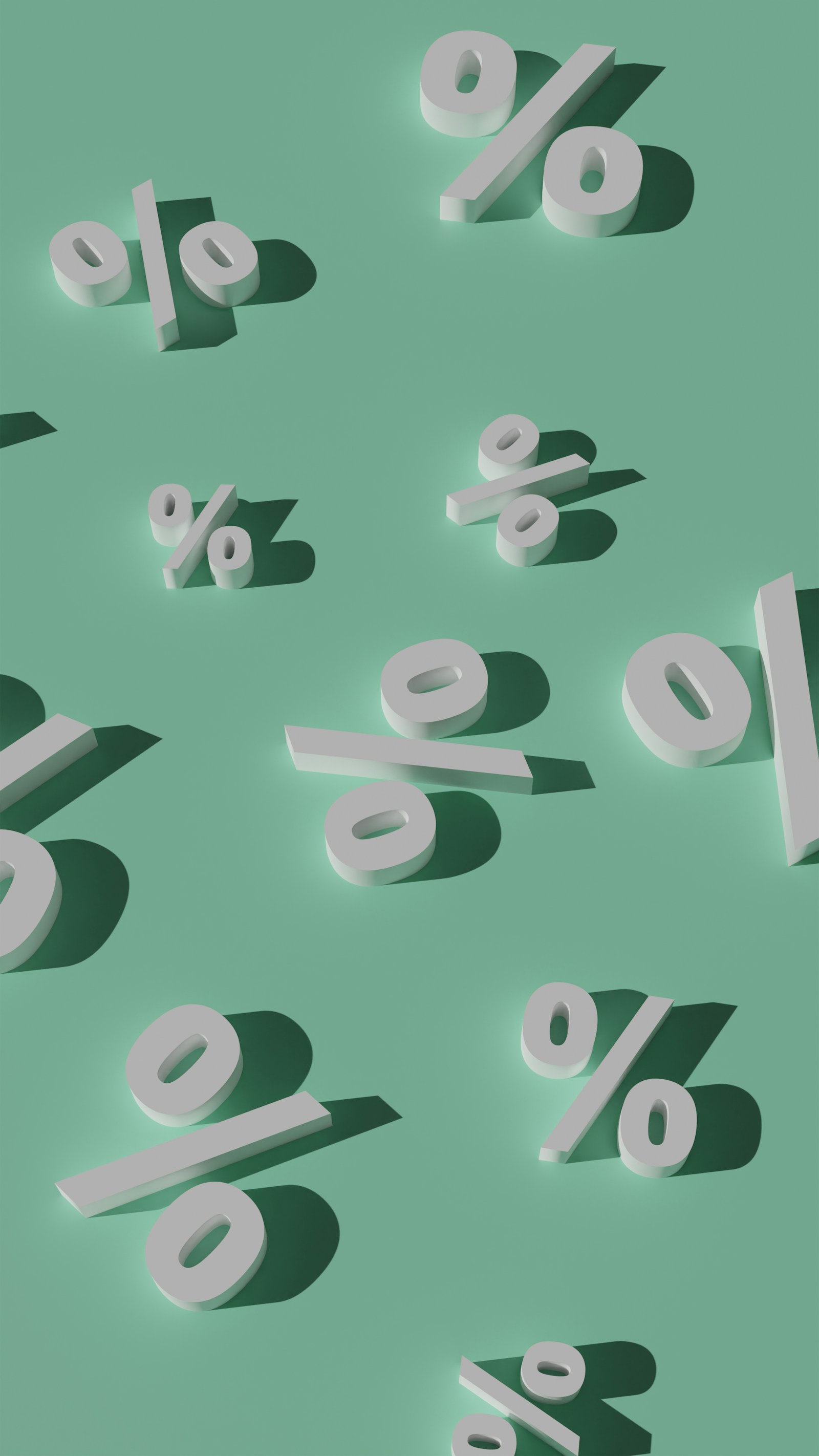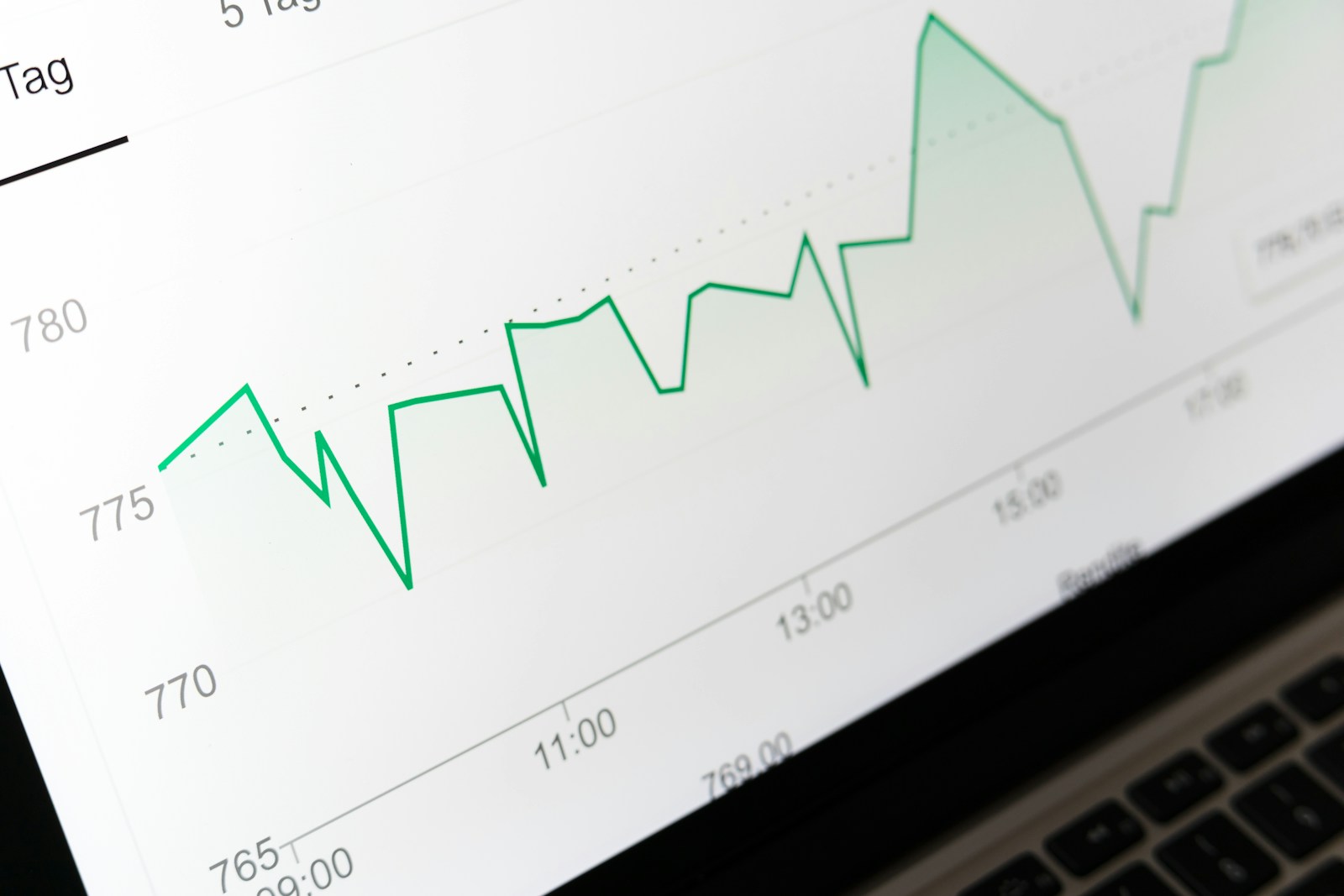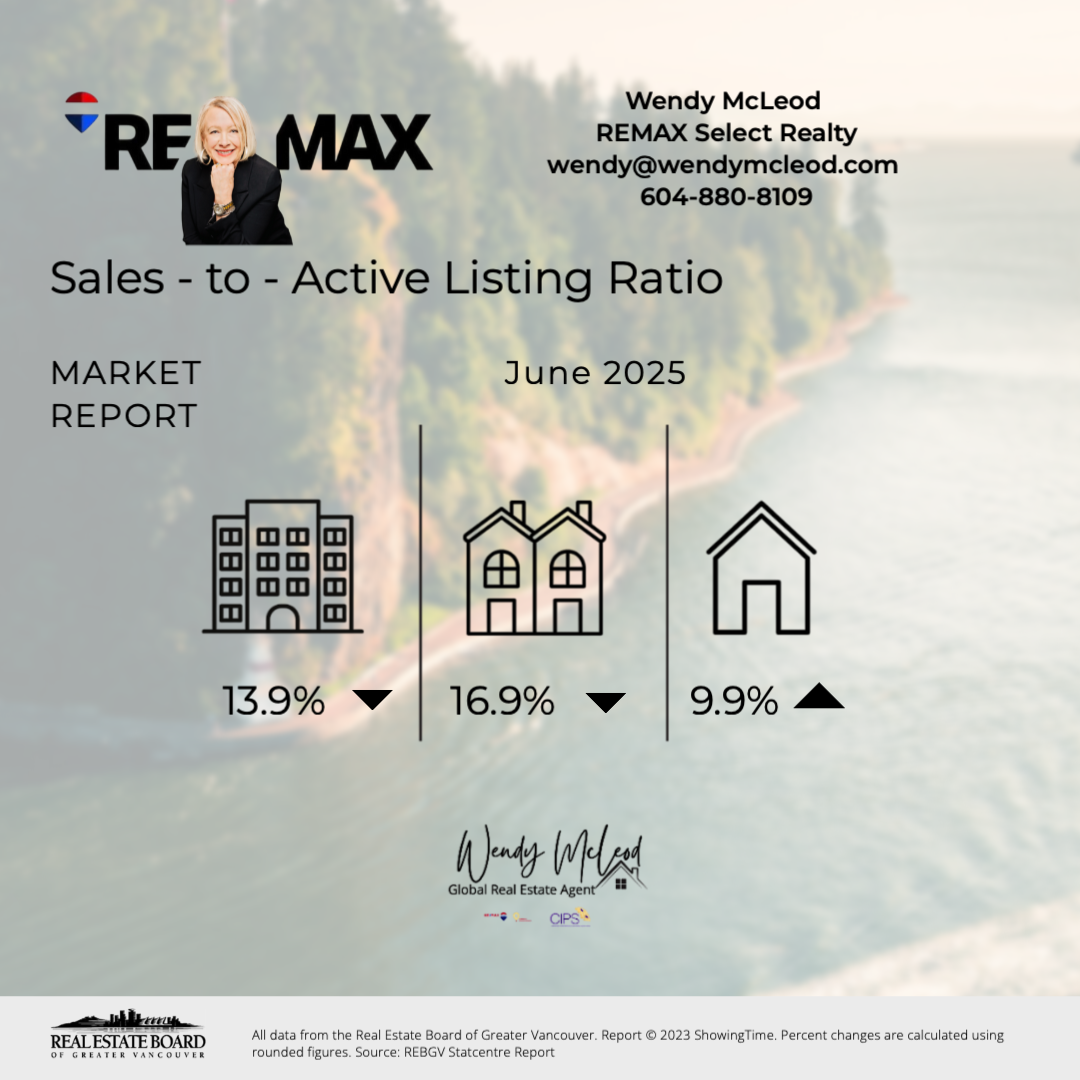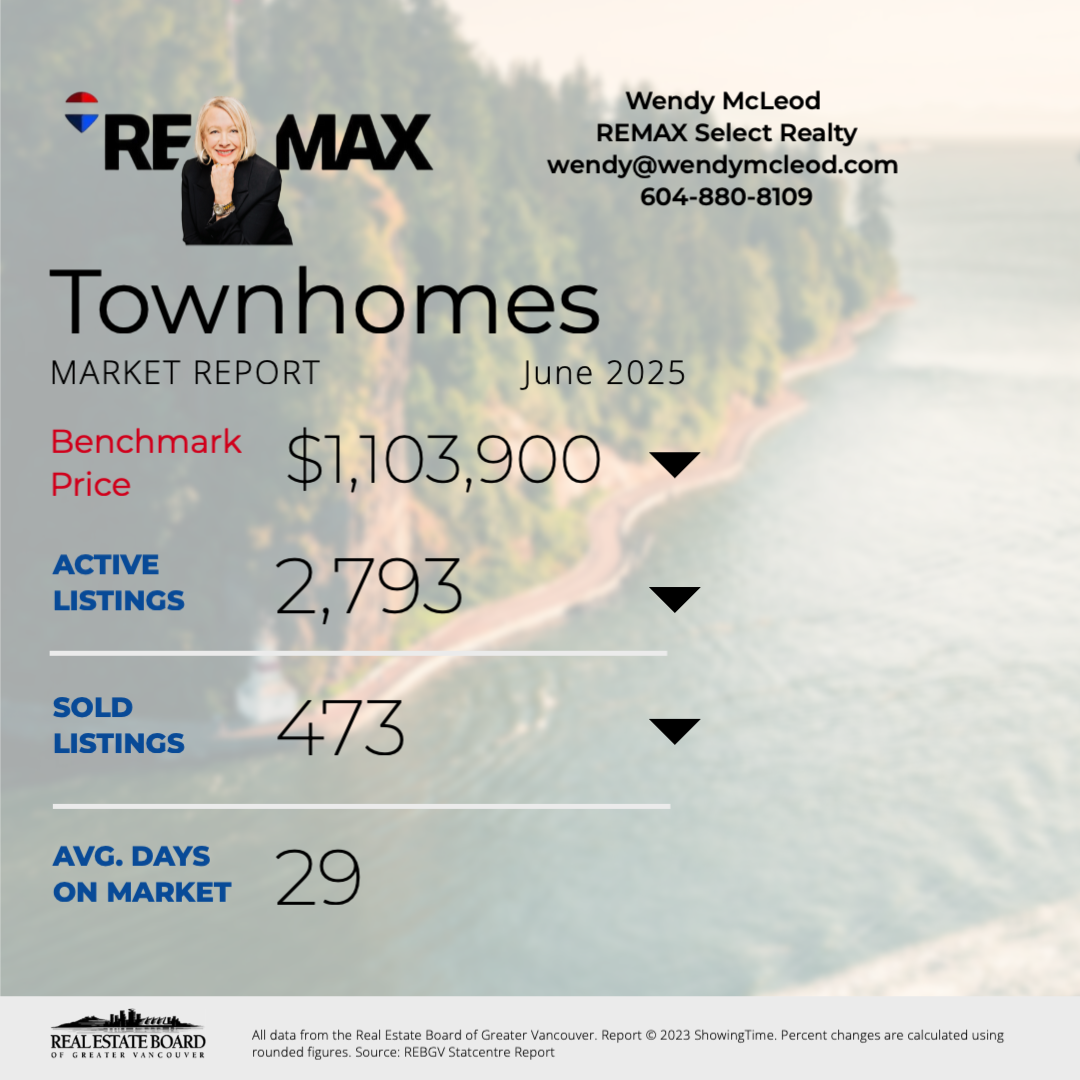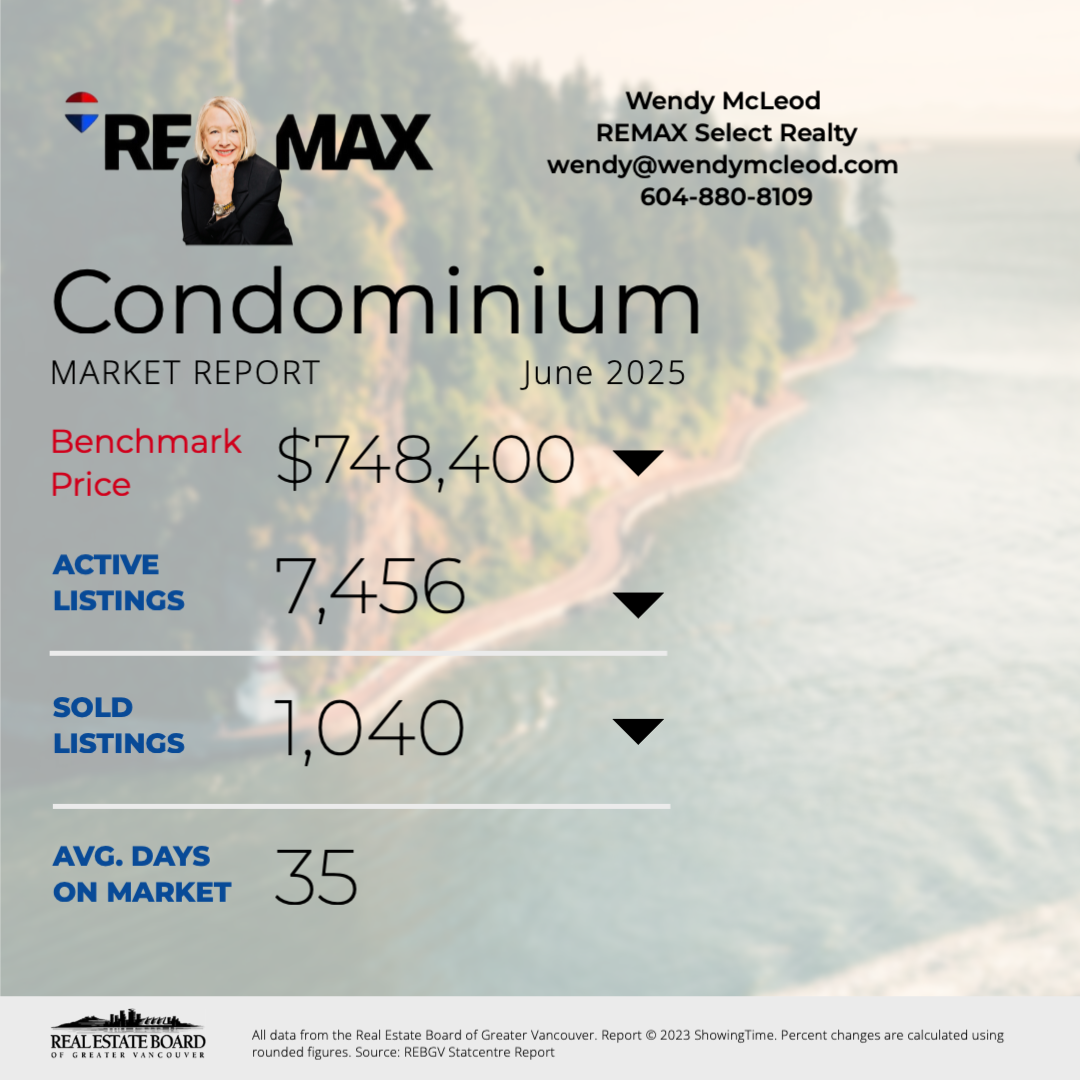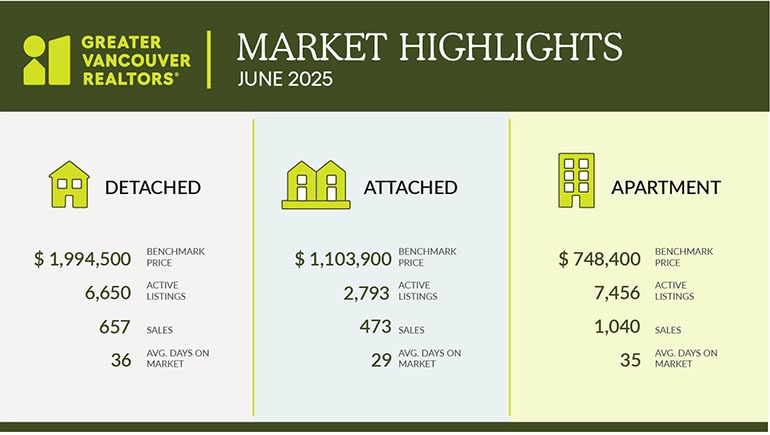5 Essential Tips for Buying a Home in Vancouver
Buying your first home is a big step—and doing it in a competitive market like Vancouver adds extra layers of excitement and complexity. Whether you're drawn by the ocean views, lush parks like Stanley Park, or the vibrant neighborhood life, it's important to be prepared. With BC Day just around the corner—a holiday that celebrates all things British Columbia—there’s no better time to start planning your homeownership journey.
Here are 5 essential tips for buying a home in Vancouver, especially tailored for first-time homebuyers.
1. Understand the Vancouver Real Estate Market
Vancouver is one of Canada’s most dynamic and fast-paced real estate markets. Over the last decade, prices have consistently trended upward, making early planning crucial. According to the latest data, the benchmark price for a detached home in Greater Vancouver is over $1.9 million, while condos and townhomes remain more affordable options for first-time buyers.
In neighborhoods like Mount Pleasant, Commercial Drive, and Kitsilano, you’ll find a mix of newer builds and heritage charm. If you're budget-conscious but still want proximity to downtown, look into East Vancouver communities such as Renfrew or Hastings-Sunrise. Staying informed on local housing trends, including seasonal fluctuations, can help you spot opportunities.
Pro Tip: Real estate activity tends to heat up after BC Day in early August, so planning now puts you ahead of the post-summer wave of competition.
2. Get Pre-Approved Before You Shop
Before attending open houses or scrolling through MLS listings, it’s critical to get mortgage pre-approval. This gives you a clear picture of your budget and shows sellers you’re serious.
Banks, credit unions, and mortgage brokers can help you navigate your options. Many first-time buyers in Vancouver also explore programs like:
The First-Time Home Buyer Incentive
The Home Buyers’ Plan (HBP)
BC First-Time New Home Buyers’ Program
These programs can reduce your costs and make it easier to break into the Vancouver market.
3. Explore the Community, Not Just the Property
Vancouver is more than just a city—it’s a collection of unique neighborhoods, each with its own vibe and amenities. Whether you crave beachside living near Kits Beach, love urban parks like Stanley Park, or prefer the quieter family feel of Dunbar or Fraserview, there's something for everyone.
When house hunting, consider:
Proximity to public transit (like SkyTrain lines)
Access to grocery stores, cafes, and healthcare
Nearby schools and daycare options
Community events and green space
On a sunny long weekend like BC Day, take time to walk the streets of neighborhoods you're considering. Grab a coffee, visit local markets, or bike the Seawall to really get a feel for the lifestyle.
4. Work with a Local, Trusted Realtor
In a competitive and sometimes unpredictable market like Vancouver, working with an experienced, hyperlocal real estate agent is your best advantage. A knowledgeable agent can:
Identify off-market opportunities
Provide accurate comparative market analysis
Help negotiate in bidding wars
Connect you with reliable inspectors, lawyers, and mortgage pros
Look for a realtor who knows the area and understands the nuances of the Vancouver market—from laneway homes to strata bylaws. A trusted advisor can simplify the process and help you avoid common first-time buyer mistakes.
5. Plan for the Long Term
Buying a home in Vancouver isn’t just about today—it’s about your future. Whether you’re hoping to start a family, build equity, or eventually upgrade, think long term. Look at:
Potential for property value appreciation
Future zoning changes or new developments nearby
Lifestyle needs (e.g., parking, pet-friendly strata, outdoor space)
Also, understand your total cost of ownership. Besides your mortgage, factor in:
Property taxes
Strata fees (for condos and townhomes)
Home insurance
Ongoing maintenance and repairs
This kind of planning ensures you’re not just buying a home—you’re building a stable foundation for years to come.
Why Now Might Be the Right Time
With interest rates stabilizing and new inventory entering the market, many experts believe fall 2025 could offer a more balanced opportunity for first-time homebuyers in Vancouver. By starting your research now—just after BC Day—you’re giving yourself time to prepare and act strategically before the year ends.
Final Thoughts
Buying your first home in Vancouver is a big leap, but with the right knowledge and guidance, it can be one of the most rewarding decisions you'll ever make. From walkable neighborhoods near Stanley Park to the growing communities in East Vancouver, there’s a perfect place out there for you.
Whether you're dreaming of high-rise condo views or a cozy townhouse with mountain access, these tips will put you on the right path.
Thinking of buying your first home in Vancouver? Let’s talk—I’m here to guide you every step of the way.
